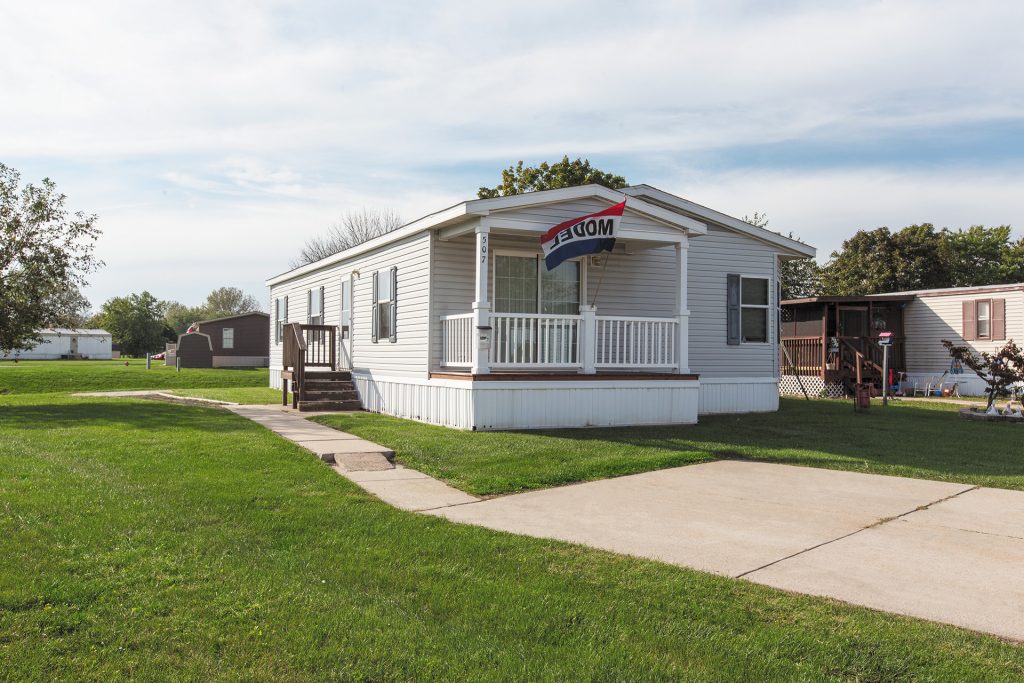There Are Many Questions to be Answered in Deciding on Ownership of a Related Finance Company
By Ken Rishel, Managing Partner at Rishel Consulting Group

Should I start my own related finance company? This question is asked often all over the country by independent retailers.
Unfortunately, there is no easy answer, because a variety of factors ultimately will decide.
There are many questions to answer if you want want ownership of a related finance company. So, let’s get started!
Where Do You Want to Set Up Ownership of a Related Finance Company?
What state or states is the retailer considering for the related or captive finance operation? Some states have very complex and expensive licensing requirements while other states are relatively easy and inexpensive. The more difficult the state requirements, the more loans the retailer must plan to make to justify licensure.
What type of loan the retailer is contemplating? Will these be all chattel loans, or will some or all of them be mortgage loans? Some of the same states that are relatively easy on licensure for chattel lending are more difficult when it comes to mortgages. In some states, the unfortunate lender may need two licenses, one for chattel and one for mortgage loans.
To reach an accurate answer, factor together loan type, states of operation, and the number of loans expected. These factors will determine economic sensibility in operating a company to finance homes the retail operation sells.
Whether to Start a Related Finance Company Depends on Sales Volume
The next question is about personnel who can be trained to run the operation. They also will need to obtain MLO licensure for themselves and potentially others. If existing personnel can be used, time away from existing duties must be available. The staff person you choose must first learn what they need to know. This all comes before they actually handle the operational side of the lending organization.
A related or captive finance operation will need to set up a compliance management system to deal with the 20-plus federal laws, rules and regulations in play. This is in advance of the first loan, and in addition to licensing. The added investment in outside expert assistance and time on the part of employees assigned to the lending operation is essential.
In addition, a separate entity must be set up to handle the lending operations. Necessary personnel can either be hired or shared with the retail operation. A licensed MLO must be found, or current retail personnel must be diverted and go through the process. The new entity must secure licensure in the state or states in which they intend to operate.
Equipment and forms, software, and legal documents must be secured. You must create a a written lending policy and credit matrix. In all, there will be considerable work and money expended in getting a lending operation up and running.
So, why would a retailer even consider starting a related or captive finance company in the first place?
That’s a simple answer. The increased sales volume and the stable income increase from the resultant loans is dramatic and can easily triple the profits generated by the current retail operation.
This happens because the normal “outside” lenders only buy about a third of the customers that could be sold and financed. Many retailers make empty sales with a customer willing to buy but lacking a lender willing to finance the purchase. Historically, many of those customers can be successfully financed by a related or captive finance operation, thus resulting in many more sales.
The question becomes, “Why isn’t every retailer doing it already?” A number of retailers are doing it. However, it is not the right thing for all retailers. The rest of the retailers may not even think it is possible. And, they may be missing out on the best thing they could add to their operation.
If a retail operation is not currently selling at least 12 homes a year already, then the operation is likely too small to successfully start and operate a related or captive finance company. There are other solutions they should be pursuing. In difficult states to license and operate in they may need a volume of over 30 loans a year just to break even on the lending operation, even though the retail operation would be making more money.
Retailers Can Find Success With Related Finance Operations
However, even in those difficult states there are retailers successfully and profitably running related finance operations. California, New York, Illinois, Pennsylvania and North Carolina have highly successful operations in place for over 10 years. There are at least five retailers that have loan portfolios in excess of $20 million. There are many others with loan portfolios valued at $5 million or better.
Obviously, independent retailers should consider what a related finance company could do for them as well as considering if they would have enough volume to justify doing so. The increase potential profits are too great to ignore.
One recent startup lending operation began because the owner realized he couldn’t find the set up help he needed to exceed 200 new homes a year. But, he could find the white collar help he needed. And this would allow him to run a lending operation, bringing him to the conclusion he could increase profits by financing many of the sales. Another long-term retailer has increased his sales to three times what they had been in the late 1990s through the addition of his lending operation.
Is starting and running a related or captive finance operation the intelligent solution for every retailer? No, but every retailer that doesn’t seriously consider it is limiting their own ability to control their destiny and their ability to prosper.











